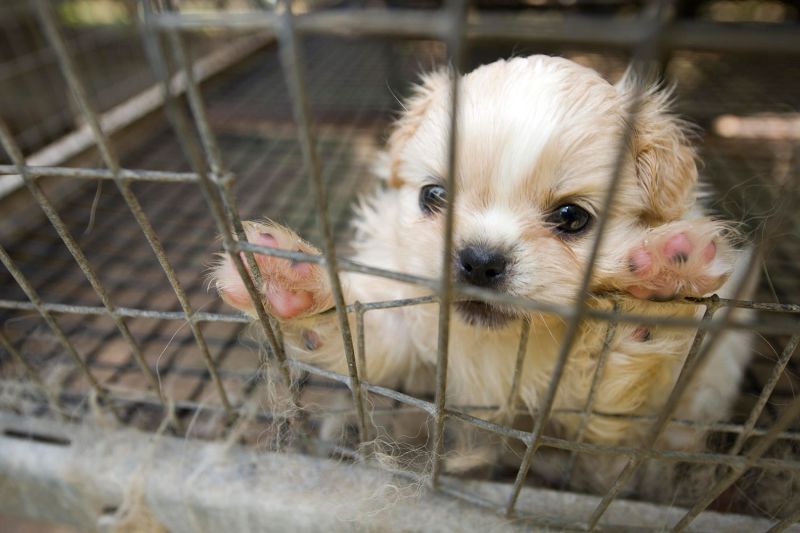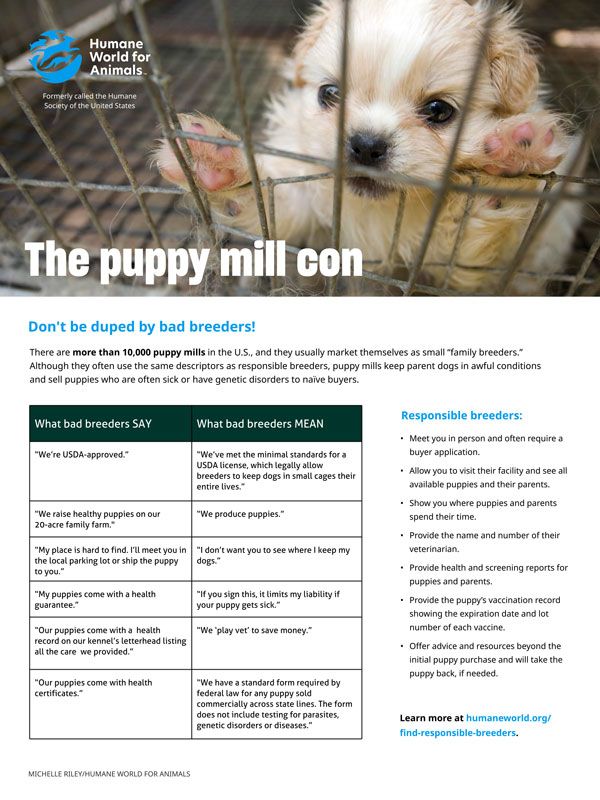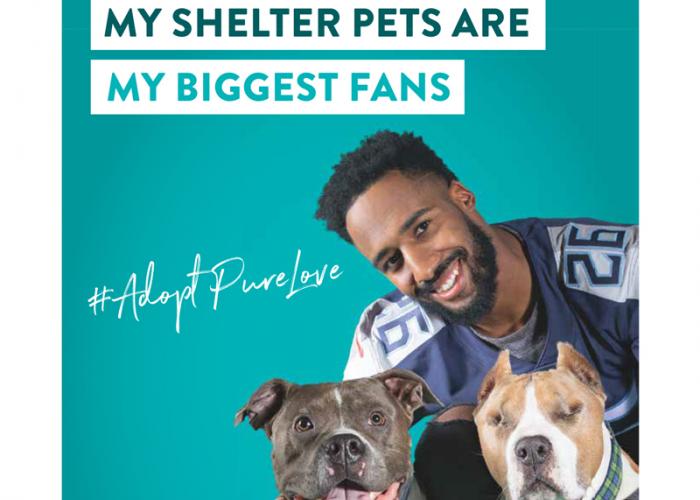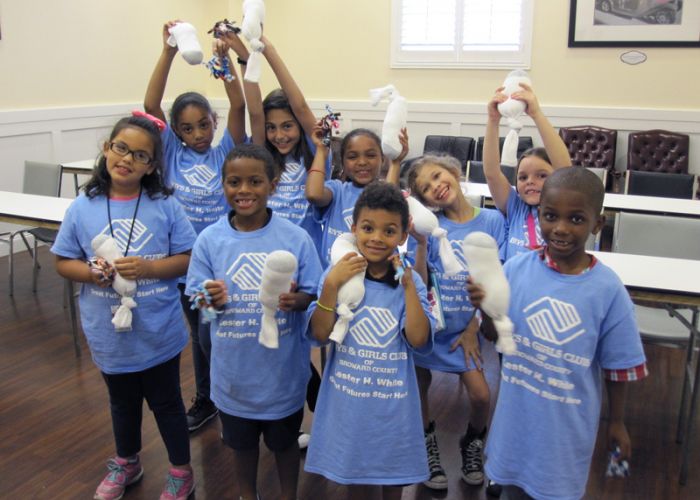Fact sheet: The puppy mill con
Don't be duped by bad breeders

There are more than 10,000 puppy mills in the U.S., and they usually market themselves as small “family breeders.” Although they often use the same descriptors as responsible breeders, puppy mills keep parent dogs in despicable conditions and sell puppies who are often sick or have genetic disorders to naïve buyers.
| What bad breeders say | What bad breeders mean |
|---|---|
| “We’re USDA-approved.” | “We’ve met the minimal standards for a USDA license, which legally allow breeders to keep dogs in small cages their entire lives.” |
| “We raise healthy puppies on our 20-acre family farm.” | “We produce puppies.” |
| “My place is hard to find. I’ll meet you in the local parking lot or ship the puppy to you.” | “I don’t want you to see where I keep my dogs.” |
| “My puppies come with a health guarantee.” | “If you sign this, it limits my liability if your puppy gets sick.” |
| “Our puppies come with a health record on our kennel’s letterhead listing all the care we provided.” | “We ‘play vet’ to save money.” |
| “Our puppies come with health certificates.” | “We have a standard form required by federal law for any puppy sold commercially across state lines. The form does not include testing for parasites, genetic disorders or diseases.” |
Responsible breeders:
- Meet you in person and often require a buyer application.
- Allow you to visit their facility and see all available puppies and their parents.
- Show you where puppies and parents spend their time.
- Provide the name and number of their veterinarian.
- Provide health and screening reports for puppies and parents.
- Provide the puppy’s vaccination record showing the expiration date and lot number of each vaccine.
- Offer advice and resources beyond the initial puppy purchase and will take the puppy back, if needed.
Document







